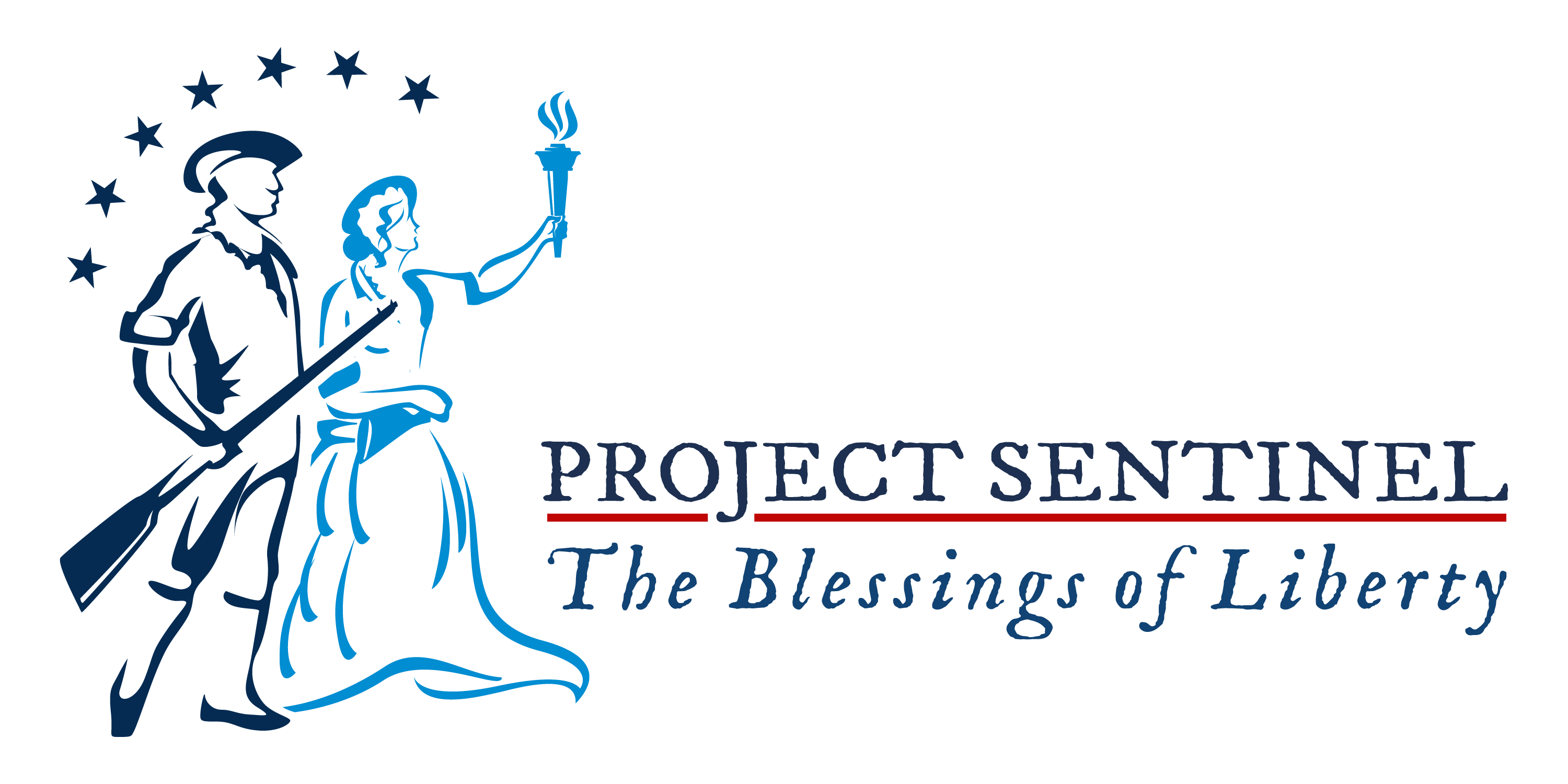In 1787 a Scottish history professor at the University of Edinborough, Alexander Tyler, writing about the fall of the Athenian Republic some 2000 years ago argued that democracy is always temporary in nature.
He maintained that at some point a majority will discover that it can vote itself generous emoluments from the public treasury and in keeping with this theme, support the candidates who promise the most benefits. At some point, he contends, democracy collapses due to a debased fiscal policy and is replaced by a dictatorship.
Clearly Tyler wasn’t alone in his assessment of democracy since Plato voiced the same concern soon after the fall of the Athenian Republic. Self aggrandizement in the sense of getting something from the labors of someone else is an inherent weakness in democratic organization.
From Toynbee to Sorokin, from Tyler to Spengler historians of civilization have addressed the patterns that account for the rise and fall of various governments. Toynbee contends that civilizations over time lose their will and fervor to survive; Sorokin argues that sensate considerations trump ideational values turning societies into pleasure seeking entities that cannot sustain themselves and for Spengler, will is diminished by a loss of belief and confidence in the political organization leading ultimately to decline.
Tyler believes that “the average age of the world’s greatest civilizations from beginning of history, has been about 200 years. During those 200 years, these nations always progressed through the following sequence: From bondage to spiritual faith; from spiritual faith to great courage; from courage to liberty; from liberty to abundance; from abundance to complacency; from complacency to apathy; from apathy to dependence; from dependence back into bondage.”
Anyone reading this analysis will surely see some parallels to our own democracy. Close to half of the American people do not pay personal income tax yet are increasingly insistent that those who do provide them with ever larger benefits, i.e. in healthcare and retirement care.
The courage displayed by our founding fathers in defying British overlords and establishing a Constitution has transmuted into complacency; some might call it living off the fat of the land. So many Americans are dependent on government – in one way or another – to address their needs that invariably the first question interrogators ask presidential candidates is “what will your election do for me?”
Moreover, the question many foreign governments ask of the U.S. is if you are having a hard time sustaining your democracy because of intrinsic flaws, why do you assume it is a form of government desirable for our people. Clearly democracy can establish stability and as clearly, relying on the will of the people, is more desirable than reliance on a leader, however benign. But there are dependency characteristics that offer concern.
Is the Tyler scenario formulaic? Can democracies forestall this pattern? History, of course, is replete with idiosyncratic examples. However, it is also true that the evolution Tyler depicts has the ring of truth and enough empirical evidence to warrant self examination.
The road to political success is paved with promises. Those who promise more are usually the victors. With these promises a consensus emerges. Could any politician in the United States today, for example, rail against Social Security or Medicare? Could they say that these legislative entities have an unfunded liability six times g.d.p.? The public wouldn’t stand for these comments even if true. People want “what is coming to them.”
John Kettle, a 17th century English philosopher, wrote: “Any time any opinion comes to be held by nearly everyone, it is nearly always wrong.” I believe Kettle was right, but “wrong” in this matter is a normative judgment. In democracy the people speak and, even if a majority is wrong, that opinion will prevail. This is a flaw democracies must overcome or perish.
Alexander Tyler did not live to see modern democracy. Yet it is fair to postulate that what he said may afflict democracies, may indeed be afflicting us now. History, of course, waits in judgment. But that is a judgment we should wisely seek to influence.


